New distribution model outwits piracy
By Chen Nan ( China Daily ) Updated: 2014-06-10 07:21:18
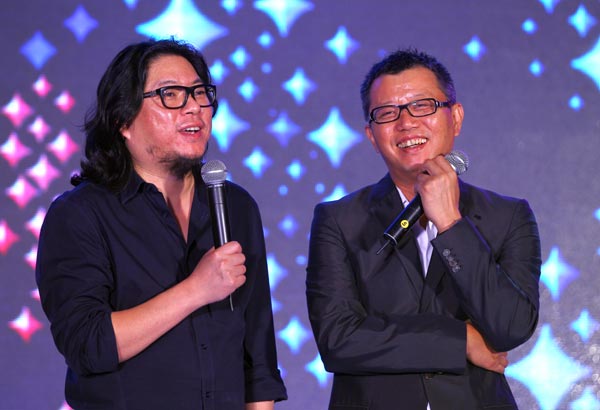 |
|
Chinese musicians Gao Xiaosong (L) and Song Ke attend an signing event in Beijing on June 18, 2012. [Photo by Zou Hong/Asianewsphoto] |
 |
| New shades of Eason Chan |
 |
| Jam Hsiao to release latest album 'The Song' |
"The current music market is unhealthy. Since most of the online websites offer free and illegal music downloads, singers, songwriters and record companies cannot get rewarded, and newcomers are hard to break out, which has the market trapped in a dead end. We want to change the situation," Lou says.
Five years ago, Jingdong started holding campus singing competitions. Two years ago, they discovered folk duo, Good Sisters, helping them release albums and tour nationally last year. Their debut album topped Jingdong's music chart with more than 20,000 copies sold within a month. Their latest album sold more than 30,000 copies.
Max Hole, chairman and CEO of Universal Music Group International, the largest music corporation in the world by sales, points out that China has an opportunity to build a new business model.
"The reason why China is so exciting at the moment is that we could jump over all that (traditional music sales methods) and go to the streaming and subscription model. The ownership model has never been as strong as in the West. China will be the biggest experiment in a new music business model for the future."
According to Hole, the recorded music market in China in 2013 was at $83 million trade level, making it less than 2 percent of the global music market.
"In the last 50 years, the music industry has made 80 percent of its money in about 10 countries," Hole says, adding that such a split is "bad for business, bad for artists and bad for fans".
"Clearly there is massive opportunity for growth in China. In the next three or four years, it will have a dramatic increase," he says.
|
|
|
|
|
|
|
|



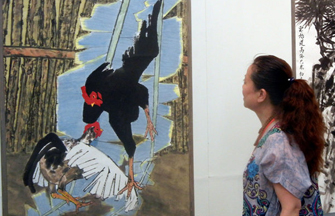

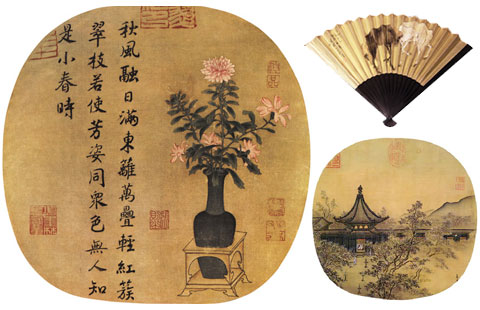




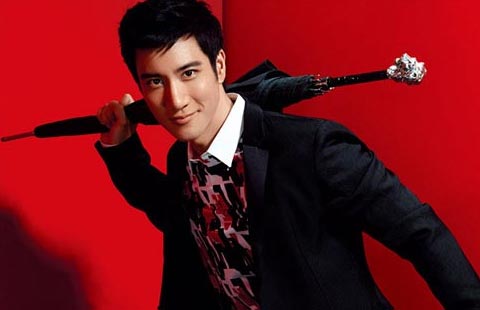








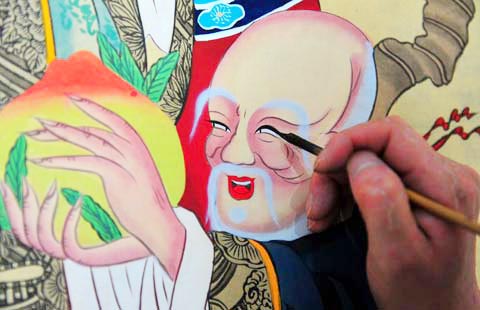



 Raymond Zhou:
Raymond Zhou: Pauline D Loh:
Pauline D Loh: Hot Pot
Hot Pot Eco China
Eco China China Dream
China Dream China Face
China Face






